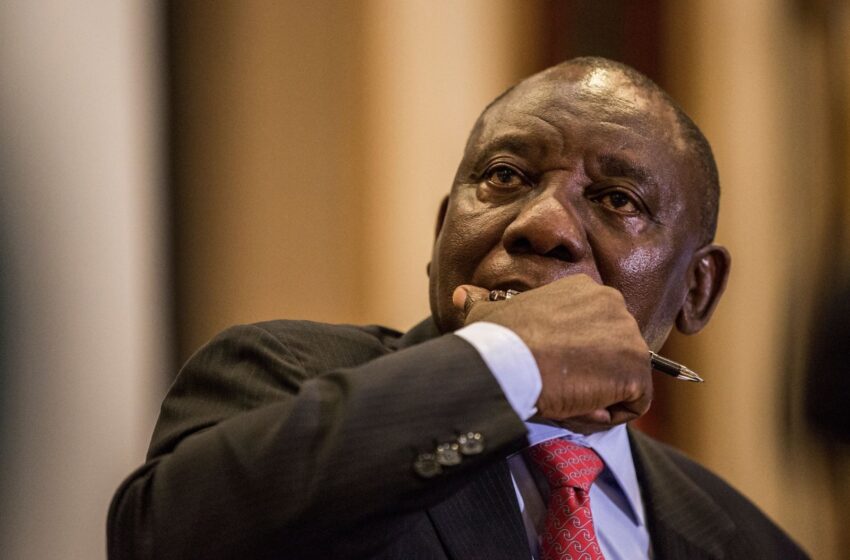Ramaphosa praises Zimbabwe’s land reform — what could it mean for South Africa?

South Africa President Cyril Ramaphosa
South African President Cyril Ramaphosa has stirred controversy after applauding Zimbabwe’s land reform programme, a policy widely blamed for crippling that country’s economy.
Speaking at the official opening of the Zimbabwe Agricultural Show in Harare on 29 August 2025, Ramaphosa praised Zimbabwe’s land seizures of the early 2000s as a bold attempt to correct colonial-era land ownership patterns. He described the reforms as a “necessary process” to achieve justice, food security, and long-term growth.
Ramaphosa told his audience, which included Zimbabwean President Emmerson Mnangagwa, that agricultural revival efforts—such as investment in irrigation, mechanisation, and farmer support—were commendable. “The black majority in Zimbabwe was excluded from commercial farming, mirroring our own experience in South Africa,” he said.
Backlash at home
The comments were quickly met with criticism in South Africa. The Democratic Alliance (DA) accused Ramaphosa of glorifying a failed experiment that decimated Zimbabwe’s agricultural productivity and economy.
“Zimbabwe’s land reform is exactly how not to do land reform,” said DA spokesperson Willie Aucamp. “It caused famine, currency collapse, and lasting economic damage. For our president to celebrate it is unacceptable.”
The DA warned that Ramaphosa’s words could erode confidence in South Africa’s own Expropriation Act, which allows the state to seize land for redistribution under certain conditions. Already challenged in court, the legislation has raised red flags among local business leaders and foreign investors.
Investor confidence at stake
Analysts argue that Ramaphosa’s remarks could not have come at a worse time. South Africa’s economy is struggling with weak growth, high unemployment, and an energy crisis. Investor sentiment is fragile, and comparisons to Zimbabwe are enough to trigger fears of property rights erosion.
“Standing on an international stage and praising land grabs sends a damaging signal,” Aucamp warned. “Investors could conclude that South Africa is heading down the same disastrous path.”
Lessons from Zimbabwe
Economists widely agree that Zimbabwe’s abrupt land reform dismantled one of Africa’s most productive farming systems. Decades later, the country has not regained its former agricultural strength, and food imports remain high. Compensation to dispossessed farmers is still ongoing.
By contrast, South Africa’s official policy is built on market principles—including redistribution of government-owned land, targeted financial support, and partnerships with the private sector. Agricultural economist Wandile Sihlobo argues that “secure property rights, investment, and efficiency—not forced expropriation—are the real drivers of transformation.”
Supporters of market-based reform contend that South Africa should prioritise releasing state-owned land with title deeds to carefully selected beneficiaries, expand blended finance, and strengthen skills development in partnership with agribusiness. They argue that these measures, together with improved logistics, biosecurity, and export market access, are essential to unlock growth and job creation.
For now, Ramaphosa’s remarks risk overshadowing that message, raising concerns that South Africa could jeopardise its investment climate at a time when it can least afford to.

